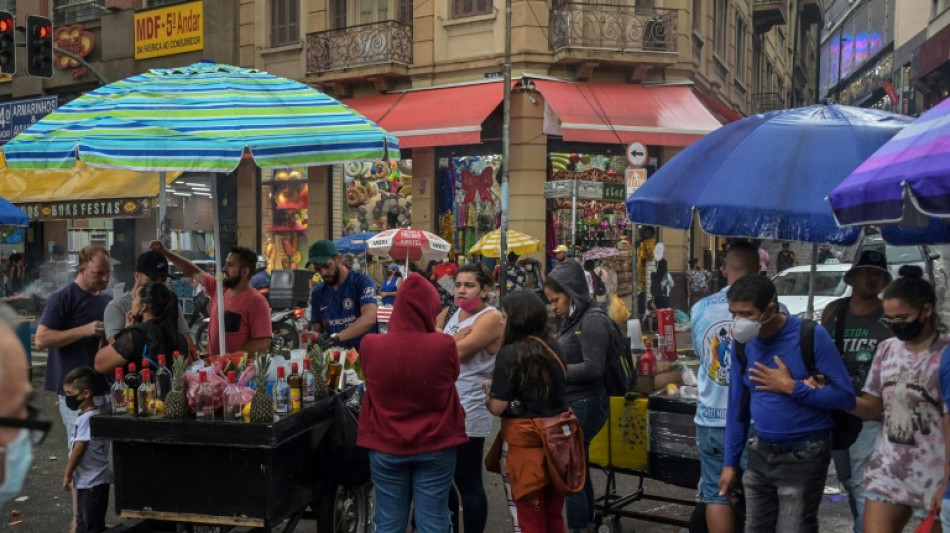
-
 Wales fly-half Anscombe signs for French club Bayonne
Wales fly-half Anscombe signs for French club Bayonne
-
Alphabet's share price plunges on traffic drop testimony

-
 Amorim eyes European glory with 'worst' Man Utd team in Premier League history
Amorim eyes European glory with 'worst' Man Utd team in Premier League history
-
Pink smoke signals in Rome call for women priests
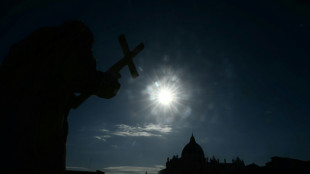
-
 Utah's NHL team selects Mammoth as nickname
Utah's NHL team selects Mammoth as nickname
-
Cardinals locked inside Sistine Chapel as conclave begins
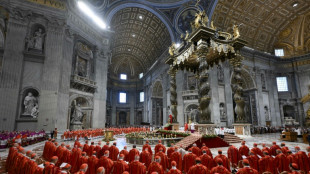
-
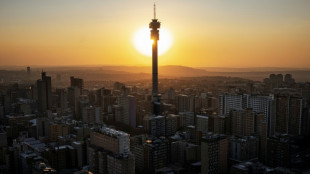 South Africa launches reform of derelict municipalities
South Africa launches reform of derelict municipalities
-
Chinese stocks, dollar rise before trade talks, Fed move
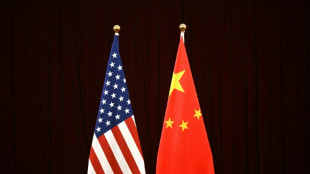
-
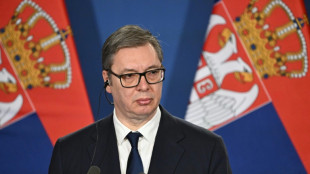 Serbian leader Vucic defies EU with Russia visit
Serbian leader Vucic defies EU with Russia visit
-
EU trade chief says accelerating free trade talks with Asia
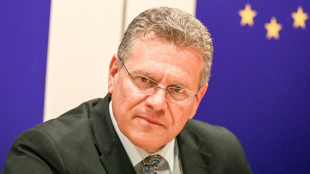
-
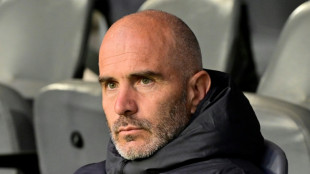 Conference League glory would prove Chelsea are back: Maresca
Conference League glory would prove Chelsea are back: Maresca
-
Sheinbaum says Mexico will defend free trade deal with US, Canada
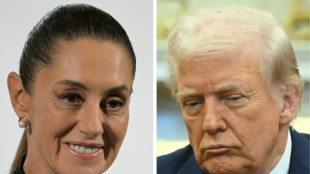
-
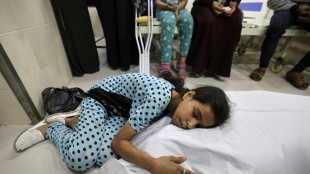 UN experts warn of 'annihilation' in Gaza amid Israeli strikes
UN experts warn of 'annihilation' in Gaza amid Israeli strikes
-
China's Xi lands in Moscow to beef up 'no limits' Putin partnership
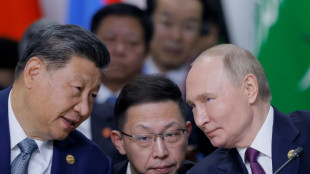
-
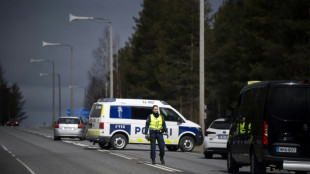 Finnish fighter jet crashes in Arctic town, pilot ejected
Finnish fighter jet crashes in Arctic town, pilot ejected
-
India captain Rohit Sharma announces retirement from Test cricket
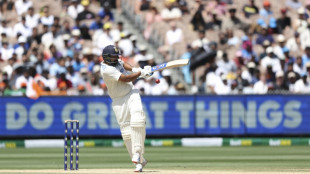
-
 South African sprinter Simbine shrugs off 'nearly man' tag
South African sprinter Simbine shrugs off 'nearly man' tag
-
Cardinals pray as conclave rituals begin
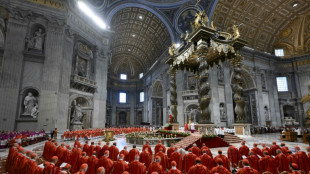
-
 Disney announces new theme park in Abu Dhabi
Disney announces new theme park in Abu Dhabi
-
US, Chinese stocks up before trade talks, Fed move
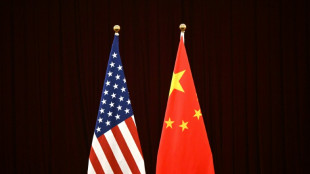
-
 Amorim determined to keep Fernandes at Man Utd despite Saudi interest
Amorim determined to keep Fernandes at Man Utd despite Saudi interest
-
EU eyes targeting 100 bn euros of US goods with tariffs
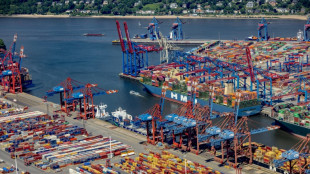
-
 Second plane falls off US aircraft carrier in 10 days
Second plane falls off US aircraft carrier in 10 days
-
France, Germany say to cooperate more closely on defence
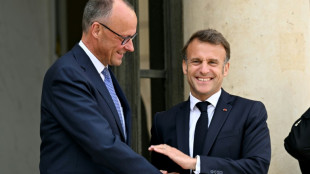
-
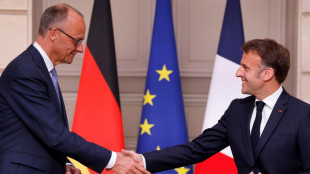 Merz tells France Mercosur trade deal must be ratified 'quickly'
Merz tells France Mercosur trade deal must be ratified 'quickly'
-
World's richest 10% caused two thirds of global warming: study
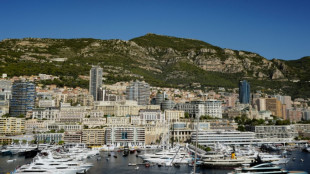
-
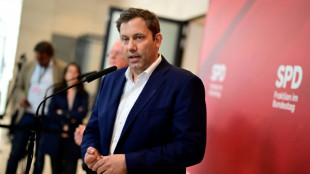 New German finance minister says 'no time to lose'
New German finance minister says 'no time to lose'
-
Yemen's Huthis to keep attacking Israeli ships despite US deal

-
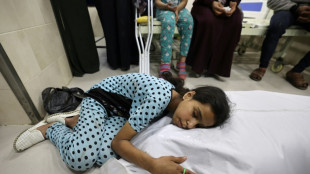 Hamas insists on 'comprehensive' deal to end Gaza war
Hamas insists on 'comprehensive' deal to end Gaza war
-
Nations urge restraint in India-Pakistan clash
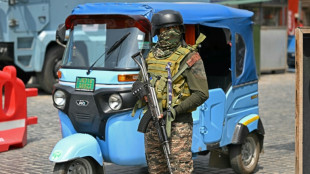
-
 Weight-loss drugmaker Novo Nordisk slims sales forecast
Weight-loss drugmaker Novo Nordisk slims sales forecast
-
Kremlin says taking 'all measures' to protect May 9 parade
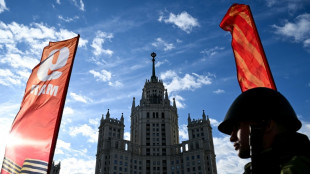
-
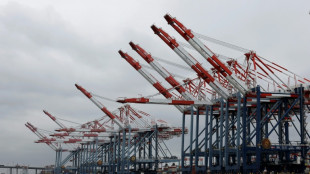 Stocks mixed before Fed decision, China-US trade talks
Stocks mixed before Fed decision, China-US trade talks
-
Danish firm Orsted halts huge UK offshore wind farm project
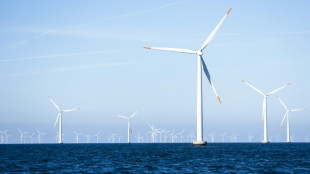
-
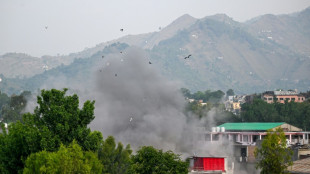 Explosions and fire on the contested India-Pakistan border
Explosions and fire on the contested India-Pakistan border
-
Distillery layoffs send shudders across remote Scottish island

-
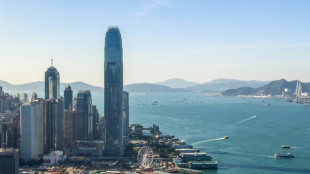 Hong Kong loosens rules for harbour reclamation
Hong Kong loosens rules for harbour reclamation
-
Israel's Gaza plan 'dangerous moment' for civilians: UN official

-
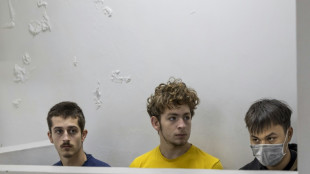 Kenya court fines teens for trying to smuggle protected ants
Kenya court fines teens for trying to smuggle protected ants
-
Kenya court fines ant smugglers for 'bio-piracy'
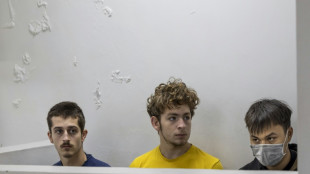
-
 Young Barca earn respect but crave trophies after Inter heartbreak
Young Barca earn respect but crave trophies after Inter heartbreak
-
Palestinians in razed West Bank hamlet vow to stay
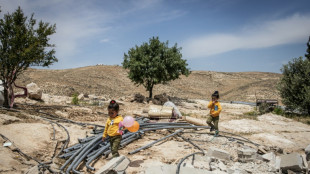
-
 Next pope faces 'difficult, complex' point in history, cardinals told
Next pope faces 'difficult, complex' point in history, cardinals told
-
J-pop mega-group Arashi to disband after final tour

-
 Inter seek Champions League final redemption after winning Barca epic
Inter seek Champions League final redemption after winning Barca epic
-
Pant under pressure as record IPL buy fails to justify price tag

-
 BMW upbeat on riding out US tariff chaos
BMW upbeat on riding out US tariff chaos
-
Cardinals hold last mass before conclave to elect pope

-
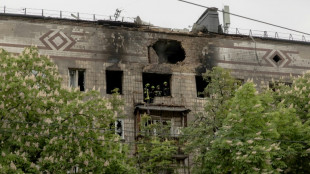 Ukraine, Russia trade aerial attacks ahead of WWII victory parade
Ukraine, Russia trade aerial attacks ahead of WWII victory parade
-
'Prioritise peace': Nations urge restraint in India-Pakistan clash
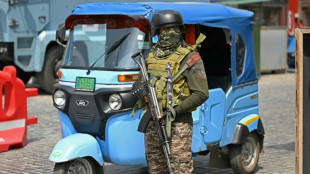

Brazil exits recession, but faces tough year
Brazil exited recession in the fourth quarter, the government said Friday, though weak growth and high inflation still dog Latin America's biggest economy as President Jair Bolsonaro gears up to seek re-election in October.
Gross domestic product (GDP) grew 0.5 percent for the period from October through December, reversing its 0.3-percent and 0.1-percent contractions in the previous two quarters, said the national statistics institute, IBGE.
That brought GDP growth for 2021 to 4.6 percent on the year, erasing the economy's painful contraction in pandemic-battered 2020, which was revised to 3.9 percent.
But the economy remains a headache for far-right leader Bolsonaro, with growth still weak and inflation hitting Brazilian households hard.
Uncertainty fueled by Bolsonaro's expected election showdown with leftist ex-president Luiz Inacio Lula da Silva and international turmoil around Russia's invasion of Ukraine will likely weigh heavily on the Brazilian economy this year, analysts say.
"2022 is a difficult year due to both internal and external factors," said economist Gilberto Braga of business school IBMEC in Rio de Janeiro.
"Uncertainties around the country's political future are making things unpredictable and will delay strategic decisions on the economy... And external issues will weigh down global GDP, and Brazil's along with it," he told AFP.
"The current scenario is 'stagflation.'"
- 'Weak momentum' -
The rebound was driven by Brazil's key agricultural sector, which grew 5.8 percent quarter-on-quarter -- though it contracted 0.2 percent on the year, hit by the country's worst drought in nearly a century.
The services sector grew 0.5 percent quarter-on-quarter and 4.7 percent year-on-year, while industry contracted 1.2 percent for the quarter but grew 4.5 percent for the year.
The return to growth "was mainly a result of turnaround in the agricultural sector, which is unlikely to be sustained," William Jackson, chief emerging markets economist at consulting firm Capital Economics, said in a note.
"In the meantime, high-frequency indicators for the services and industrial sectors point to weak momentum in the first quarter of 2022."
His team maintained a forecast of GDP growth of 0.8 percent for 2022, "making Brazil the worst performer in the region this year."
Economists polled by Brazil's central bank currently forecast GDP growth of 0.3 percent for 2022.
Brazil's annual inflation rate came in at 10.06 percent last year, crashing through the central bank's target of 3.5 percent.
The central bank has responded with one of the most aggressive tightening cycles in the world, rapidly raising the key interest rate to 10.75 percent from an all-time low of two percent in March 2021.
The hawkish monetary policy is in turn weighing down growth, sapping the economy's recovery from Covid-19.
Brazil has been among the countries hit hardest by the pandemic, with more than 650,000 deaths -- second only to the United States.
Even with 72 percent of Brazil's 213 million people now fully vaccinated against Covid-19, high inflation and weak growth have combined to keep the economic recovery tepid.
With prices soaring and wages stagnant, the average Brazilian's purchasing power fell by seven percent last year.
P.Mathewson--AMWN